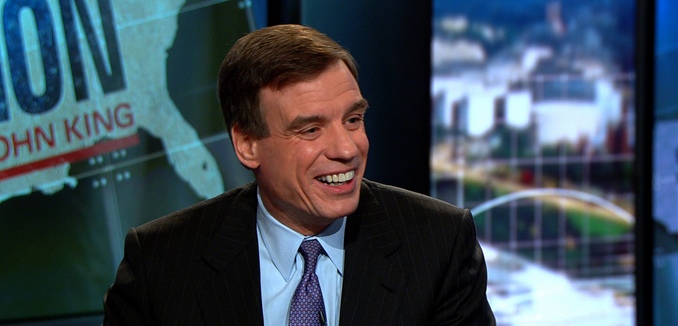Senator Mark Warner (D-Va.) issued a statement yesterday outlining the various requirements he believes are necessary for the P5+1 nuclear deal with Iran to be effective:
1. the dismantling—not freezing—of Iran’s illegal nuclear weapons program;
2. institution of intrusive, any-time inspections for all facilities to assure Iranian compliance;
3. a slow process of sanctions relaxation dependent upon the outcome of verified compliance;
Additionally, Warner calls for “congressional review of any agreement to assure legitimacy and longevity of the decision.”
Representative Ed Royce (R-Calif.), who was re-elected as Chairman of the House Foreign Affairs Committee today, issued a statement saying, “the Committee will continue its efforts to stop Iran’s march toward nuclear weapons, which threatens to undermine fundamentally the security of us and our critical allies.”
An analysis in The Hill argues that the impetus for the campaign for congressional oversight of any nuclear deal with Iran stems from a bipartisan consensus that Iran is a “revolutionary state.”
Key senators in the incoming Republican majority and like-minded Democrats have a vision of Iran as a revolutionary state. It is risky to conduct business as usual with revolutionary Iran. If “regime change from within” were an implicit part of U.S. policy, emergence of a free Iran that does not become a nuclear-armed state is likely. …
Regarding current talks to prevent Iran from getting the bomb, Republican senators believe they have votes from both parties to pass additional economic sanctions on Tehran to overcome a veto by Obama. The White House is on record to avoid congressional scrutiny of any agreement. But a bipartisan coalition could use its majority to compel a vote on any accord from the November 18-24, Vienna talks between the major powers and Iran.
Last week, Roll Call reported that legislators were preparing to assert oversight over any possible nuclear deal with Iran.
[Photo: Mark Warner / Flickr ]




